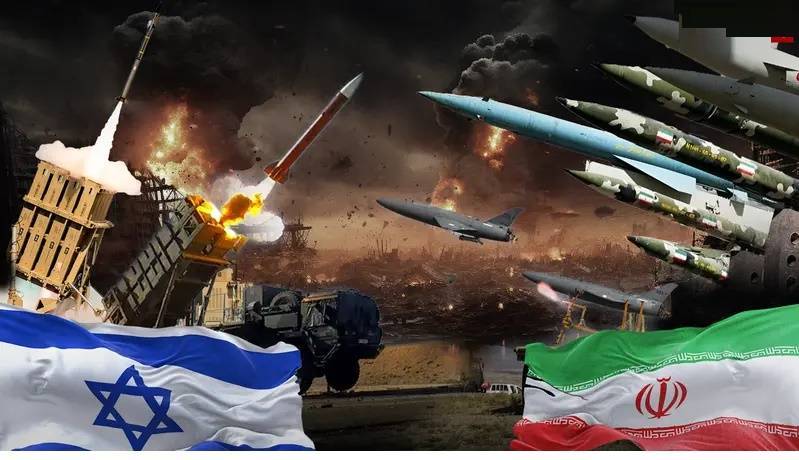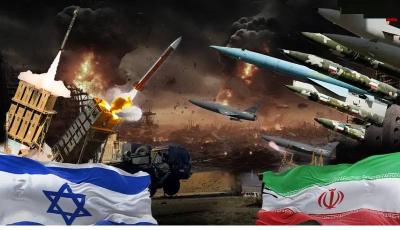The Washington Post cited an informed source stating that "Netanyahu asked the army to provide options for targets in response to the Iranian attack." The newspaper noted that Israel is exploring response options that would convey a message without causing casualties. It continued: "Options include a potential strike on a facility in Tehran or a cyber attack." In this context, there are Israeli response possibilities that could put the Middle East on the brink of chaos, amidst fears of targeting nuclear reactors in Iran.
In the same vein, ABC News reported that Peter Lerner, an Israeli military spokesperson, told reporters on Monday that Israeli military officials are considering "a wide range of options" to respond to the Iranian missile attack. The same source added that there are "many different scenarios." Lerner stated that the Israeli government "will decide on the next steps" either on Monday or in the coming days. Despite the Iranian attack not resulting in significant losses, which included one injury and an attack on an airbase in southern Israel, voices in the Hebrew state have risen to call for a direct and harsh strike against the Islamic Republic.
For her part, analyst Seema Shine, who previously headed the research and evaluation department at Mossad and currently manages a program on Iran at the National Security Studies Institute based in Tel Aviv, indicated that the potential response from the Hebrew state "will adhere to the same criteria: targeting military sites, not civilian or economic ones," according to the French news agency.
Similarly, The Guardian reported that sources in Israeli intelligence indicated that among the main targets in response to Iran's attack would be military facilities in the occupied Golan Heights in the far north and the Negev Desert in the far south. Additionally, strategic expert and political analyst Dr. Omar Al-Raddad stated in a comment to France 24: "I believe the Israeli response will involve continuing to strike military targets, including those associated with Iranian militias in Syria, Lebanon, and Iraq, in addition to specialized operations within Iran. These operations may be broader than previous operations and could resemble the scale of what Iran has done. It is noteworthy that Western governments and public opinion have become more accepting of launching operations against Iran."




